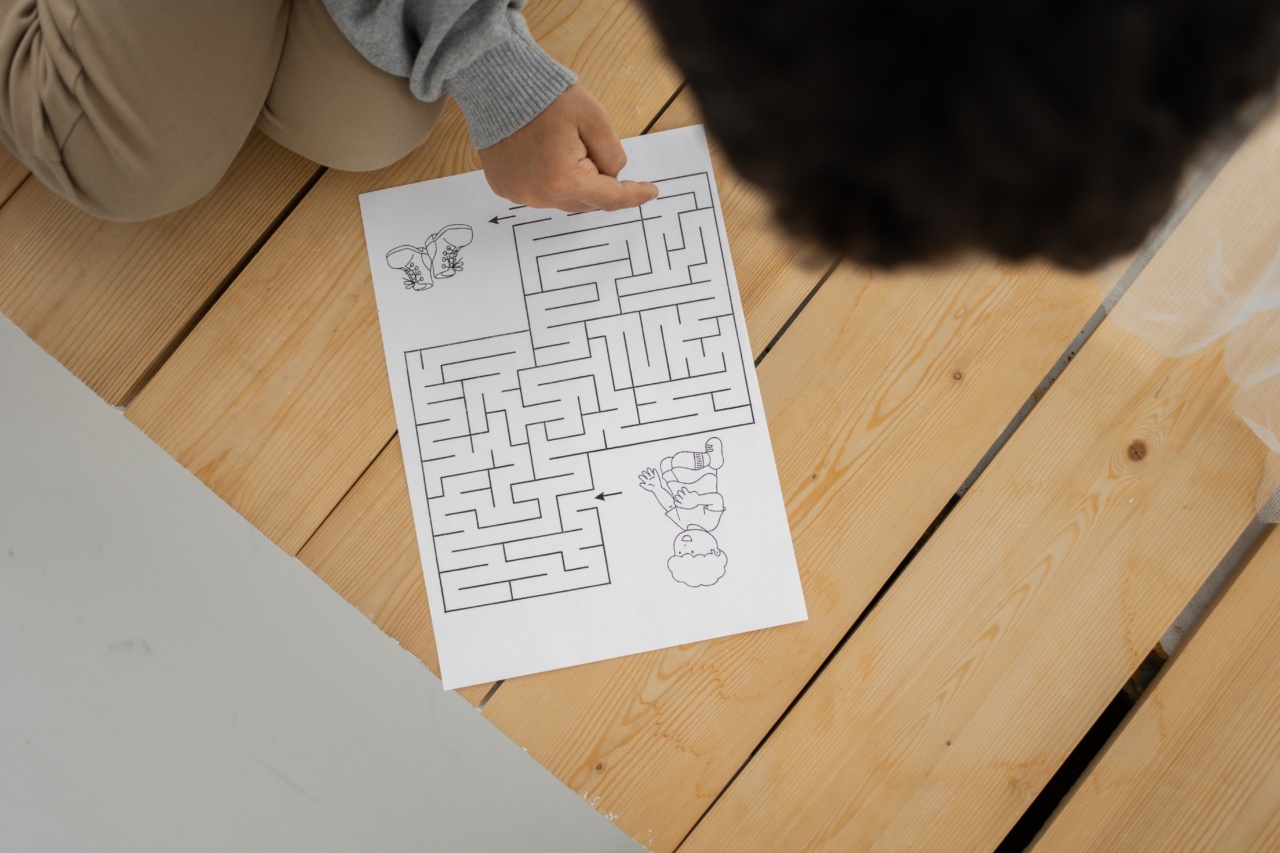Childhood trauma can have a significant impact on the developing brain and can lead to long-term mental health and behavioral issues.
Trauma can take many forms, including physical, sexual, and emotional abuse, neglect, and exposure to violence or other traumatic events. When a child is exposed to trauma, their developing brain may rewire itself in response, altering various brain functions and structures.
These changes may increase the risk of mental health problems, substance abuse, and criminal behavior, among other issues, in adulthood. Understanding the impact of childhood trauma on the brain is crucial for developing effective interventions for vulnerable children.
What Happens to the Brain During Trauma?
During trauma, the brain goes into “fight or flight” mode, releasing stress hormones such as cortisol and adrenaline.
These hormones cause physical reactions that prepare the body to respond to danger, including increased heart rate, rapid breathing, and heightened senses. While this response can be helpful in the short term, chronic stress can damage brain structures, including those that regulate stress and emotions.
One area of the brain that is affected by trauma is the amygdala, which is responsible for processing emotions, particularly fear.
In children exposed to trauma, the amygdala becomes overactive and hypersensitive, leading to an increased response to stress and a heightened sense of danger. At the same time, other areas of the brain that regulate emotions and impulse control, such as the prefrontal cortex, may be more inhibited. This imbalance can lead to difficulties with emotional regulation, decision-making, and impulse control.
The Effects of Childhood Trauma on Development
Childhood trauma can have significant effects on a child’s development, particularly in areas such as cognition, social skills, and emotional regulation.
Studies have shown that children exposed to trauma are more likely to have lower IQ scores and difficulties with memory and attention. They may also have trouble with language development, reasoning, and problem-solving.
Socially, children exposed to trauma may struggle with forming and maintaining relationships and may have difficulty with empathy and perspective-taking.
They may also be more inclined to engage in risky behaviors, such as substance abuse and unprotected sex, both of which can have long-term consequences.
Emotional regulation can also be affected by childhood trauma. Children may have difficulty with emotional expression, self-soothing, and may be more prone to anxiety and depression.
These difficulties can persist into adulthood and can have significant impacts on mental health and well-being.
The Long-Term Impacts of Childhood Trauma
Childhood trauma can have long-lasting effects on mental health and well-being. Adults who experienced trauma as children may be more likely to struggle with depression, anxiety, post-traumatic stress disorder (PTSD), and other mental health issues.
They may also be more prone to substance abuse and addiction.
The impact of childhood trauma on the brain can also lead to behavioral issues, including aggression, criminal behavior, and self-harm.
These issues can persist into adulthood, leading to a higher likelihood of involvement with the criminal justice system. In addition, adults who experienced trauma as children may struggle with relationships, employment, and overall life satisfaction.
Interventions for Childhood Trauma
Interventions for childhood trauma aim to promote healing and recovery, both physically and emotionally. Early intervention is critical in mitigating the negative effects of trauma on the developing brain. Some effective interventions include:.
- Therapy: Psychotherapy, particularly trauma-focused cognitive behavioral therapy (TF-CBT), can help children and adults process and cope with traumatic experiences.
- Medication: In some cases, medication may be helpful in managing symptoms of trauma, such as anxiety and depression.
- Support groups: Support groups can provide a safe and supportive environment for individuals to share their experiences and connect with others who have had similar experiences.
- Parenting support: Parents who have experienced trauma may benefit from parenting support, including education on child development and positive parenting practices.
Conclusion
Childhood trauma can have a significant impact on the developing brain, leading to long-term mental health and behavioral issues. Understanding the effects of trauma on the brain is crucial for developing effective interventions for vulnerable children.
Early intervention is critical in mitigating the negative effects of trauma on brain development, and therapy, medication, support groups, and parenting support can all be effective interventions.






























